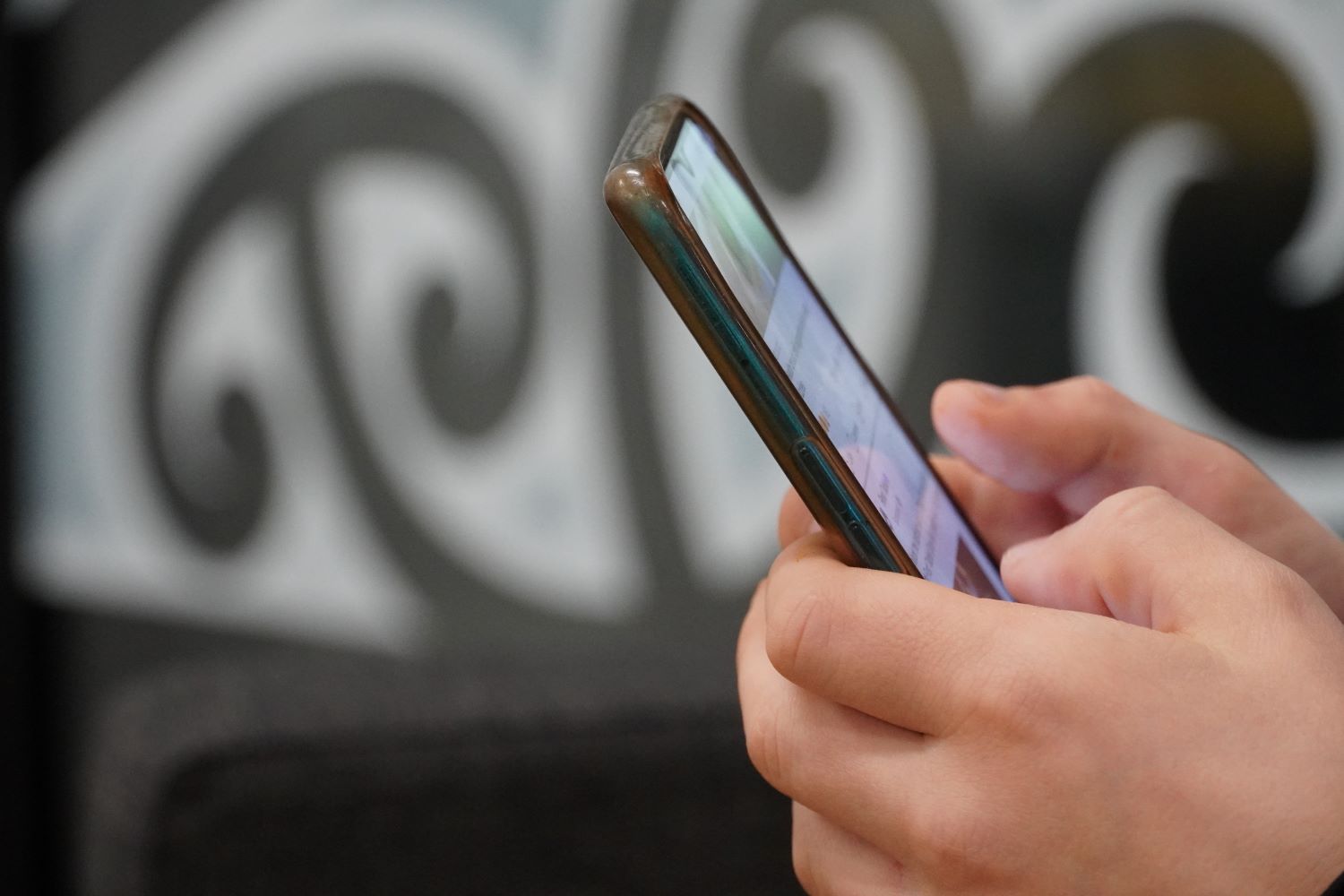Public health messages are an important component of health promotion. To this end, researchers will work with Pacific networks of stakeholders and communities of young people to generate an in-depth understanding of how young people perceive preventable infectious diseases. They will then co-create a series of messages, assess how these messages are received, and how they penetrate within and across social networks. Working with Pacific Youth will allow the researchers – and ultimately policymakers and public health agencies – to better understand how to use social media platforms to shift social norms around infectious disease prevention.
Anecdotally, the Pacific Islands diaspora communities seem to be heavily reliant on social media to connect. This research will be one of the first to develop and explore use of existing social media networks to disseminate messages within a small island setting with a close connection to family networks in a neighbouring country of residence (New Zealand). If as effective as a mechanism for reliable, cost-effective health communications, this approach could be applied to many other priority issues such as immunisation.
The project consists of three phases:
- Phase 1 (quantitative) cross-sectional research with up to 800 Pacific youth in the Auckland region using a structured, standardised questionnaire. This includes exploration of social media and social networks for the Pacific youth.
- Phase 2 (qualitative) with up to 20 focus groups (of up to 10 youth in each) and fono. The focus groups will explore in-depth issues that emerge from the survey, literature, and advisory group and identify the barriers and enablers to access services, as well as effective information and communications.
- Phase 3 will develop implementable recommendations, in co-design with Pacific youth, for policy and practice with respect to the surveillance, prevention and control of the focus infectious diseases and others. These will be translated into Cook Islands, Tonga, and Niue languages. The developed messages will be selected based on the priorities from the focus groups, and situational gap analysis / literature review whereby paucities of resources and messaging for Pacific youth will be made clear.
>> PROJECT STARTED - 31st May 2024



